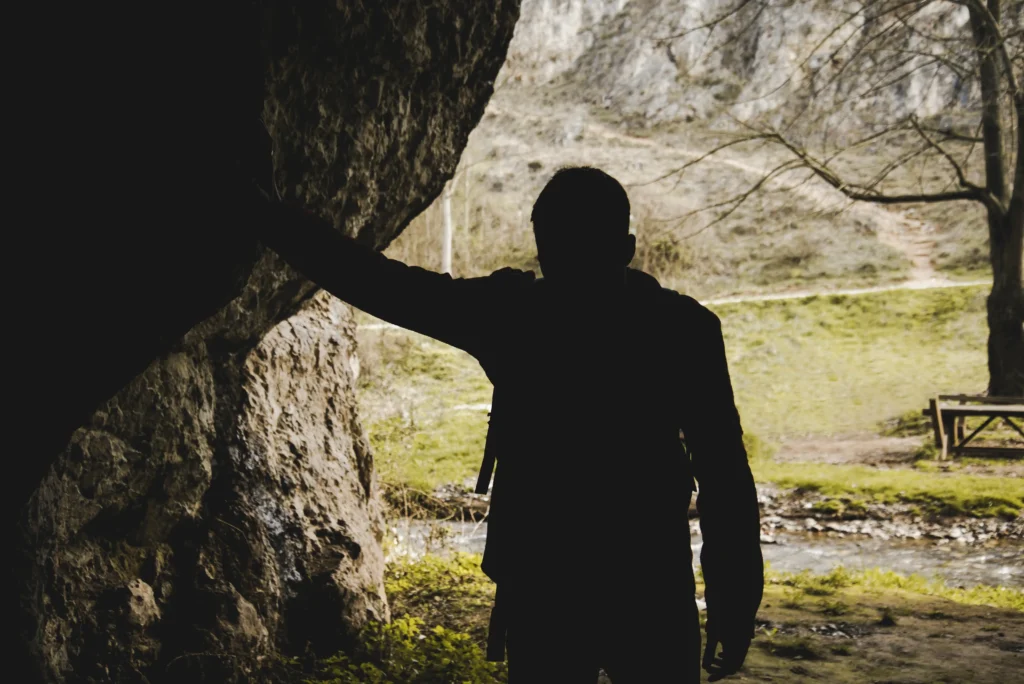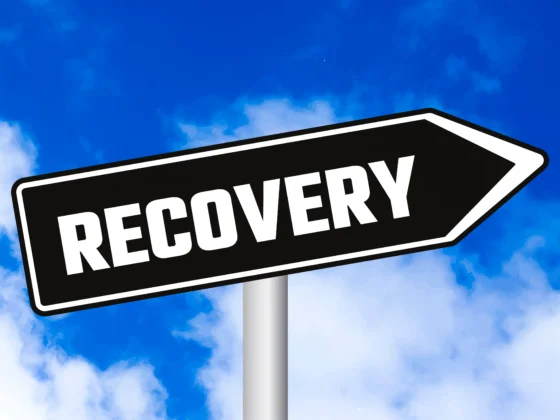When we hear the word “addict,” some people immediately picture a stereotype of a failed man, without willpower, who chose to destroy himself knowingly and used his addiction as an excuse to ruin his family, his future, and everyone around him.
But reality—as we see it every day—is far from that image.
Addiction does not begin at a moment of weakness or pleasure. Addiction begins in a much deeper place:
from years of accumulated pain,
from a long silence toward psychological wounds,
from ignoring feelings buried beneath the surface.
And sometimes it begins with the absence of someone to listen… without judgment.
The addict is not weak; sometimes they are among the people who fought hardest to resist… but they lost their ability to endure.
Most of the addicts we met at Relife did not start their path driven by comfort; they started fleeing a painful feeling real and heavy that they felt they could not face alone.
Addiction is not a choice, but recovery is.
At Relife, we do not see “addicts” as an ostracized category or as an isolated medical case… we see humans: people who need to understand themselves before being asked to change. People trying by every means to stop running, but who need someone to hold their hand when they fall not to blame them for falling.
From the experiences we have seen, most steps of recovery do not begin with medication or treatment programs; they begin with a very honest moment, a moment in which the person decides to tell themselves:
“I’m tired of running… I want to come back to myself.”
That moment is not easy. Not everyone can reach it, because society sometimes does not give the addict a chance to say “I’m tired” without hearing a thousand judgments and stigmas.
And here our role comes in. At Relife we do not make false promises, nor do we claim to hold a magic wand. We simply choose to walk with every person who tries…
we listen to them, respect their experience, and help them open the door to returning to themselvesnot returning to society’s ideal image.
We do not “fix” people… we walk with them, step by step, until they see their true image far from the stigma “addict,” and close to their human reality that deserves understanding, not condemnation.





